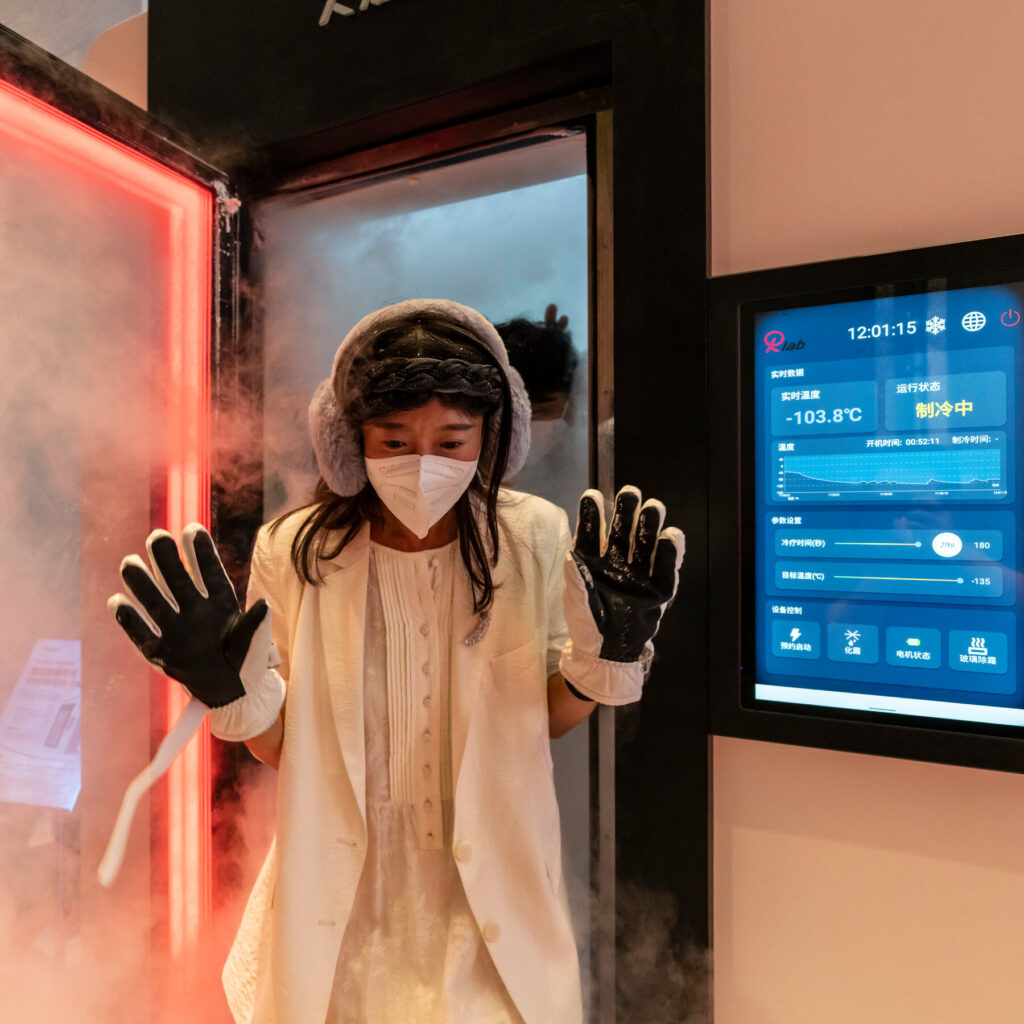China’s Grand Experiment: From “Longevity Labs” to “Immortality Islands” in the Race to Defeat Aging

Beijing has turned the quest for longer, healthier lives into a national priority, pouring billions of yuan into a sprawling network of research centers, commercial ventures and even themed resorts that promise to push the human lifespan beyond its current limits. Dubbed “longevity labs,” “immortality islands” and even marketed as simple “grapeseed pills,” these initiatives are part of an ambitious state‑backed program that blends cutting‑edge biotechnology with grandiose promises—often on the shaky ground of unproven science.
The drive began in earnest in 2021 when the Ministry of Science and Technology announced a five‑year “Healthy Ageing” plan, earmarking more than ¥10 billion (roughly $1.5 billion) for research into cellular rejuvenation, gene editing, and metabolic interventions. Since then, dozens of labs have sprung up in high‑tech hubs such as Shanghai’s Zhangjiang Science City and Shenzhen’s biotech corridor, many of them partnered with private firms that tout everything from senolytic drugs to “stem‑cell infusions” as the next big breakthrough.
One of the most eye‑catching—and controversial—offshoots is the so‑called “immortality island” concept. The pilot project, located on a reclaimed stretch of Hainan’s coastline, combines a luxury resort with a clinical research facility. Guests pay upwards of ¥200,000 for a week‑long stay that includes daily blood tests, personalized supplement regimens, and access to experimental treatments like NAD⁺ boosters and CRISPR‑based gene therapies. The island’s promotional material promises “a glimpse of a future where aging is optional,” a claim that has drawn both fascination and criticism.
“We are building a living laboratory where the best of medical science meets lifestyle optimization,” said Dr. Li Wei, director of the Hainan Longevity Center, during a recent press tour. “Our aim is to generate real‑world data on how these interventions affect health span, not just lifespan.”
The commercial side of the movement is equally aggressive. Small biotech start‑ups have flooded the market with nutraceuticals that claim to mimic the effects of more sophisticated therapies. The most popular among them is a grapeseed extract capsule marketed as “VitaGrape,” which its manufacturers claim can activate telomerase, the enzyme that protects chromosome ends. While grape seed polyphenols have some evidence for cardiovascular benefits, the leap to anti‑aging miracles remains scientifically unsupported.
Skeptics warn that the hype may outpace the evidence. “There is a genuine risk that investors and consumers get swept up in sensational headlines while the underlying biology is still very uncertain,” said Professor Zhang Min, a gerontology expert at Peking University. “Many of the compounds being touted have only been tested in rodents, and their safety in humans is far from established.”
The Chinese government, aware of the potential for both breakthroughs and backlash, has instituted a tiered regulatory framework. The National Medical Products Administration (NMPA) requires clinical trial data for any product that claims to treat or prevent disease, but many “wellness” supplements slip through under the label of “food for special medical purposes,” a loophole that allows them to be sold without rigorous testing.
International observers note that China’s approach is distinct from the more cautious pathways seen in the United States and Europe. By coupling state funding with a permissive commercial environment, the country hopes to accelerate discovery, but it also risks producing a wave of unverified products that could erode public trust.
Nevertheless, the momentum shows no sign of slowing. In 2024, the Chinese Academy of Sciences announced a partnership with several private firms to launch a “Centenarian Initiative,” a longitudinal study that will follow 10,000 participants over the next two decades, tracking everything from gut microbiota to epigenetic markers. The data, the academy hopes, will provide a solid scientific foundation for future anti‑aging therapies.
As the world watches, China’s blend of high‑tech research, state patronage and consumer‑driven hype creates a unique laboratory for humanity’s oldest dream: to outwit the clock. Whether the “immortality islands” will become tourist attractions or medical breakthroughs remains to be seen, but the nation’s bold gamble is already reshaping the global conversation about aging, ethics, and the limits of modern science.






